‘HIV risk is high among the elderly’
Over the years, there have been sporadic and scattered efforts by different organisations to reach out to the elderly in the country. Today, a grouping known as the Malawi Network of Elderly Persons’ Organisations (Manepo), has been born to coordinate efforts and fight for increased better life for the elderly. EPHRAIM NYONDO talked with its chairperson, Andrew Kavala, to learn more about the organisation.
Q
What is Manepo?
A
We are a network of organisations with a mission to enhance coordination, transparency, advocacy and knowledge sharing for the provision of high quality standards in implementing older persons’ programmes in Malawi.
Q
Who is an older person in Malawi and what kind of redress are they demanding?
A
Basically, we are talking of those aged 60 and above. In Malawi, because of harsh living conditions, we age faster. Of course, some at 60 look strong, but most do not. To be honest, the elderly, who make 15 percent of the country, live in a small world defined by rejection and loneliness. They are the forgotten and despised community in the country. They suffer from treatable diseases and die in their closets like dogs. In a country without an elderly policy and a social policy, we have completely forgotten about them yet we are going to that age. We need to rethink this.
Q
What gap, then, is Manepo trying to fill?
A
We noted a gap in terms of coordination among organisations implementing elderly programmes in the country. There are a number of organisations implementing good projects without checking what their friends are doing. The result has been duplication of efforts. You will find that four organisations are implementing the same programme in the same area when others are being denied the same access. So, we said why don’t we have a network to coordinate such efforts? Apart from that, we also noted that there are some organisations that have been formed but they lack capacity. I can tell you that I know almost 20 elderly organisations in the country but only few are known; most of them were registered but just dying in their homes. We are coming in, as much as we can, to source funds to help such organisations in terms of financial and human resource capacity. The goal is to
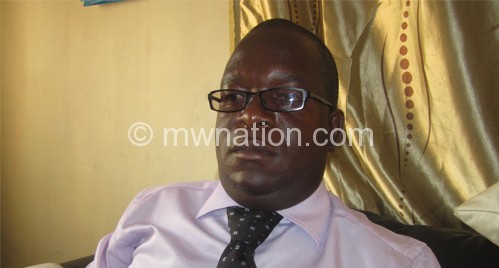
have efficient and coordinated efforts of helping the elderly.
Q
How big are the challenges facing the elderly in Malawi?
A
So big. The biggest problem is that there is no policy for the elderly. This means anyone can wake up and start doing something for the elderly without a guiding tool. The other challenge is that there is hardly research to scientifically establish key issues affecting the elderly. We are looking at the issues at the surface. That is why we always think the main challenge facing the elderly is being suspected of practicing witchcraft and poverty. But the truth is the elderly experience worse than that. My take is that the elderly in the country experience a myriad of challenges which we, as a country, have not done much to address. There has not been political will. There has been too much of lip service. The elderly are dying like dogs in the villages. But let us not forget that they are humans, too, and everyone, God willing, will [grow old] one day. Weeks ago, I received a message that a certain elderly woman in Lirangwe, Blantyre almost died after a shack she lives in had fallen on her while asleep. Such cases make me question what is there for the elderly in the Mudzi Transformation Trust? Look at Fedoma [Federation for Disability Organisations], they are doing a good job and a number of organisations are willing to fund them. But nothing of that sort for the elderly. Every year on the 15th of June, the world commemorates the Elderly Abuse Day. But in Malawi, the day passes just like any other without even a press statement from government!
Q
You have talked about lack of policy as a key challenge. How do you intend to work with government on that?
A
This is our fast task: lobby for having a policy for the elderly. Actually, there is a draft policy rotting somewhere in the shelves. We will start from there. We will have the draft policy polished and push for its adoption and have it launched. There are a number of issues in the policy. One of it Social Policy.
Q
How is the HIV pandemic among the elderly?
A
You would be surprised to note that the risk is high. I may not have the national statistics on that. However, I know a number of elderly people who are living positively. We can question how they got it, but let us not forget that most of the elderly in the country are taking care of orphans and relations who are living positively. Some [old women] have husbands who are still living recklessly despite being old. Coupled with the fact that there is little awareness on these matters to them, the risk is very high. We want to get the National Aids Commission (NAC) into this challenge as well.
Q
Ten years from now, where do you want to see the elderly in Malawi?
A
We envision a society where there will be an increased participation and empowerment of the elderly, at the same time, and also curb every force that embarrasses the welfare of older persons.






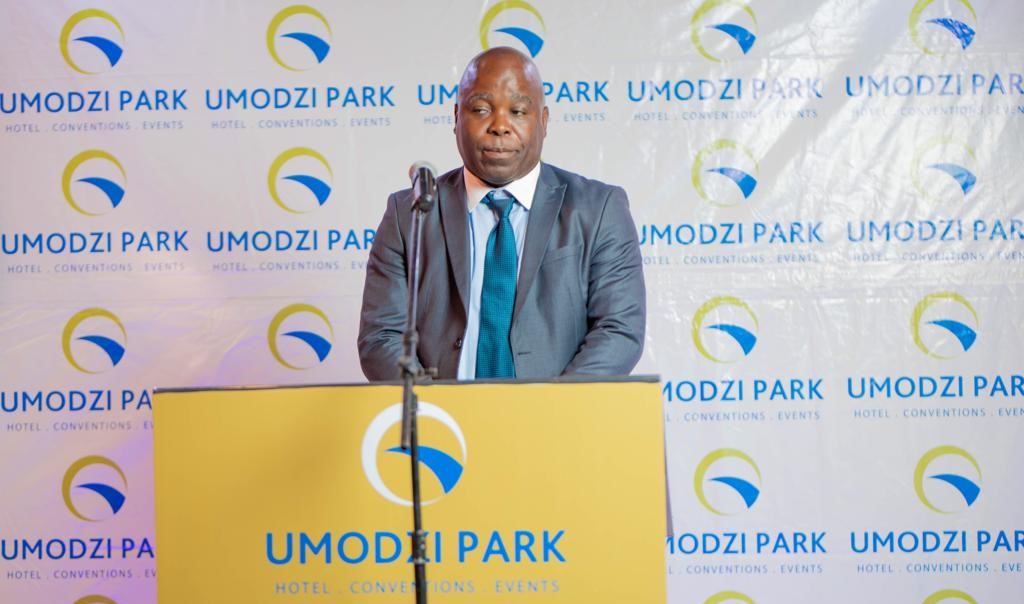
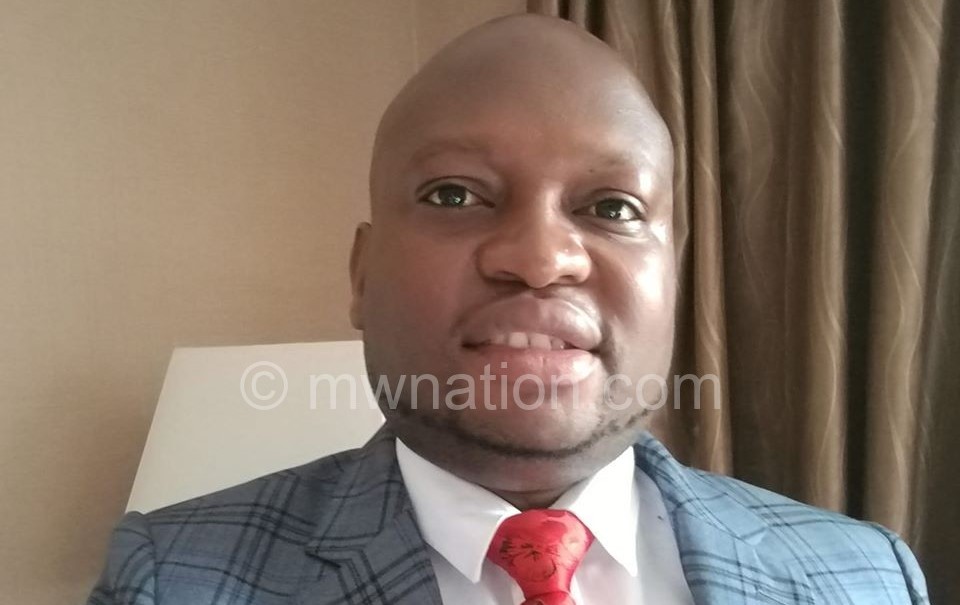
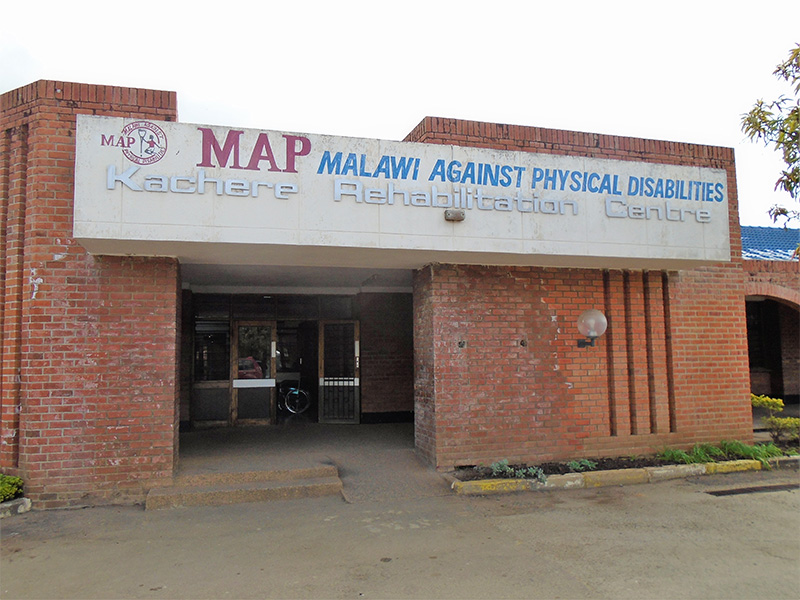
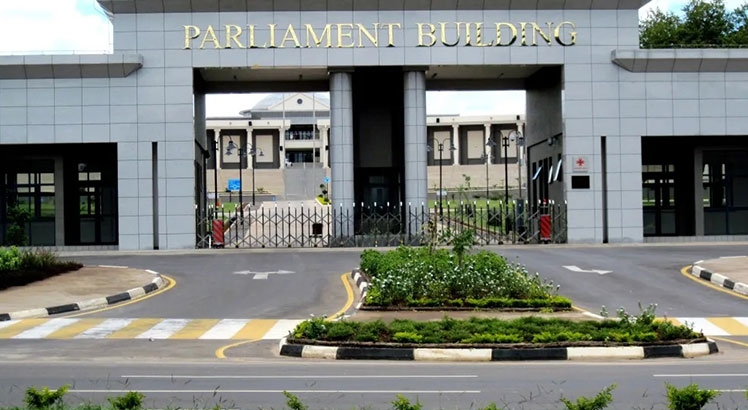
sad that most of our presidents are in this age bracket but have done nothing for their agegroup.